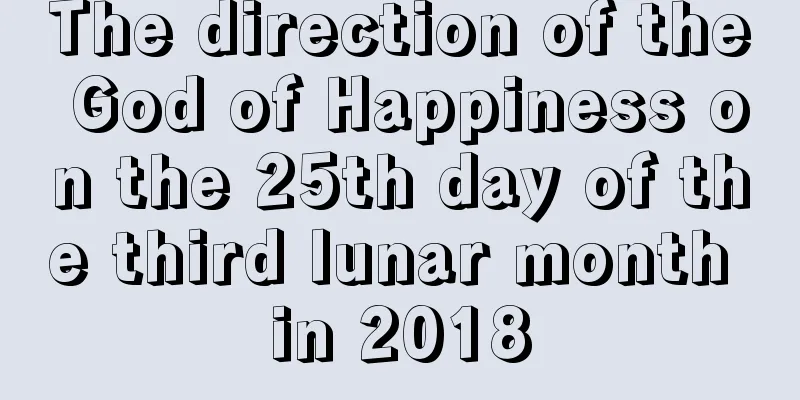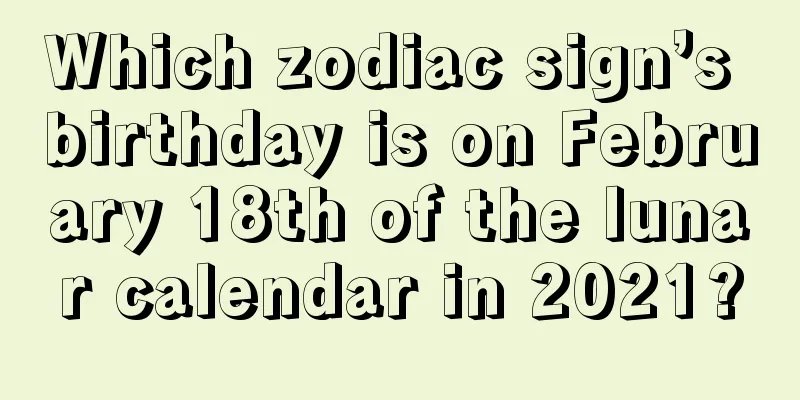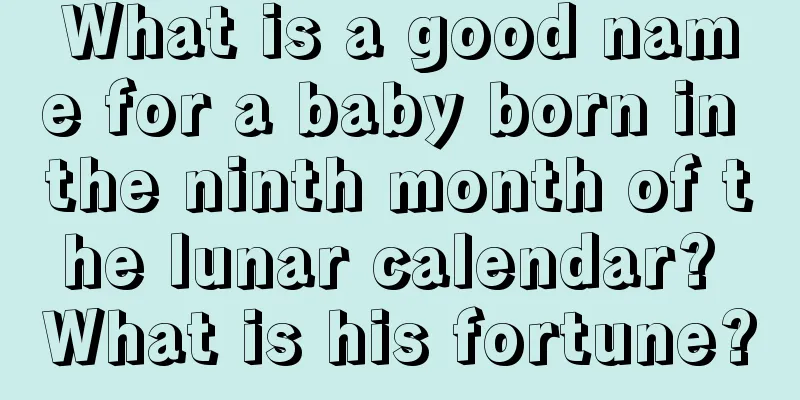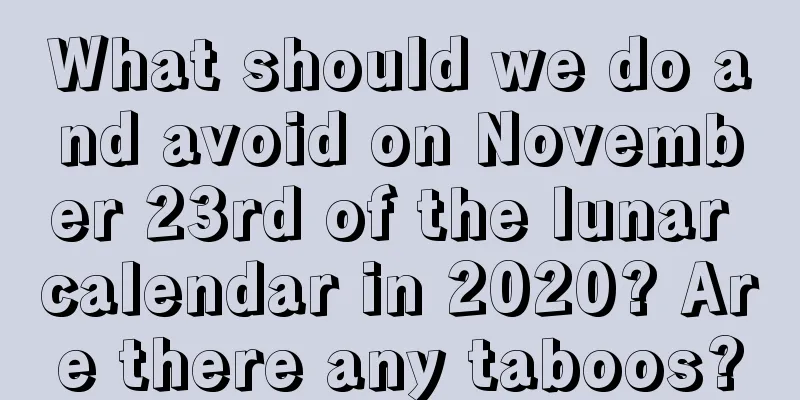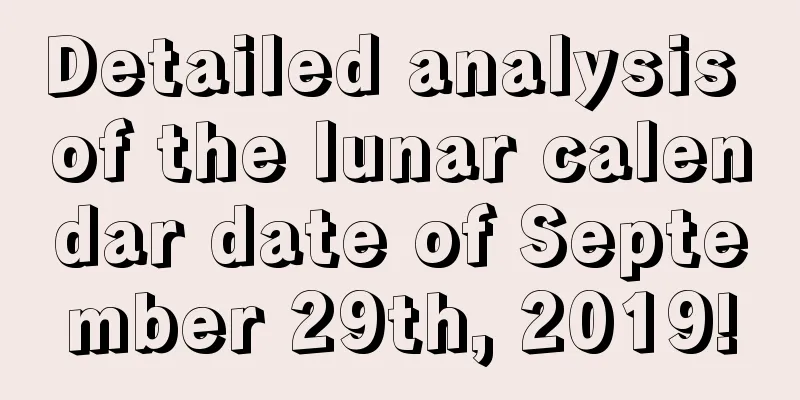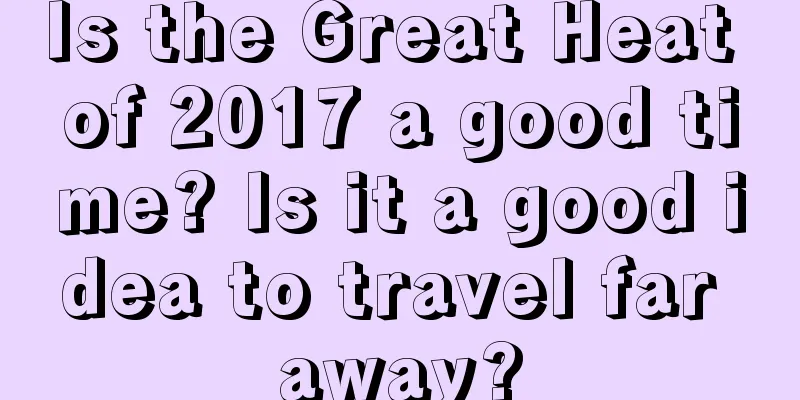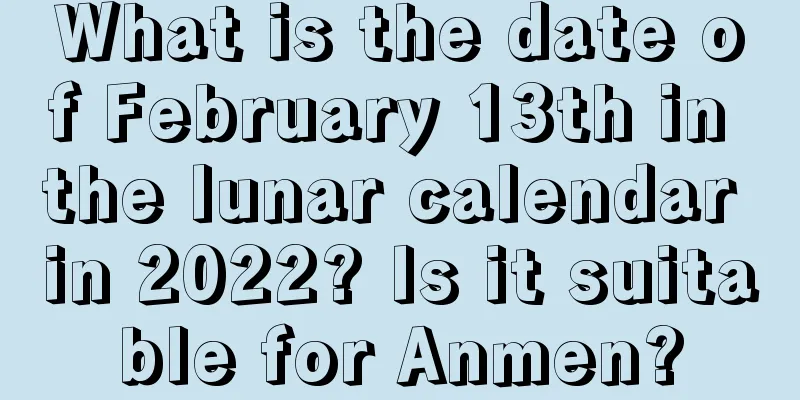The origin and history of the winter solstice, the legend of the origin of the winter solstice
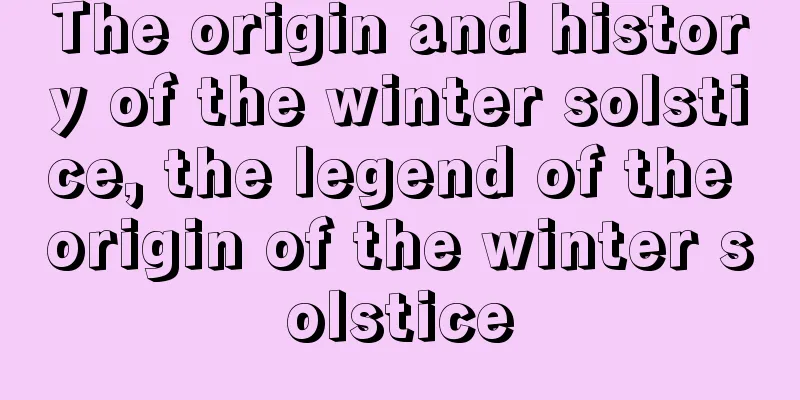
The Winter Solstice is a very important solar term in the Chinese lunar calendar and also a traditional festival. Up to now, many places still have the custom of celebrating the Winter Solstice. What is the origin of the Winter Solstice? What are the legends about the Winter Solstice? It is November of the lunar calendar in 2018, and winter is approaching. Follow Mr. Shui Mo's website and we will accompany you through the cold winter.The Origin of Winter Solstice:The Winter Solstice is a very important solar term in the Chinese lunar calendar and also a traditional festival of the Han ethnic group in my country.The Winter Solstice Festival originated in the Han Dynasty, flourished in the Tang and Song dynasties, and has been passed down to this day. "Qing Jia Lu" even says that "Winter Solstice is as important as New Year's Day." This shows that the ancients attached great importance to the winter solstice. People believe that the winter solstice is the natural transformation of yin and yang, and a blessing bestowed by God. In the Han Dynasty, the winter solstice was regarded as the "Winter Festival". The government held a celebration ceremony called "Hedong" and a routine holiday. The Book of the Later Han Dynasty recorded: "Around the winter solstice, gentlemen rest themselves and rest, officials stop working and do not attend to government affairs, and choose auspicious days to do things." So on this day, the court would take a day off, the army would be on standby, the border fortresses would be closed, businesses would stop operating, and relatives and friends would give each other delicious food and visit each other, happily spending a holiday of "resting themselves and resting." During the Tang and Song dynasties, the Winter Solstice was the day to offer sacrifices to heaven and ancestors. The emperor would go to the suburbs to hold a grand ceremony to offer sacrifices to heaven, and the people would worship their parents and elders on this day. Even now, some places still celebrate the Winter Solstice. Winter Solstice Legends:Winter Solstice Legend 1:In the past, there was a saying in old Beijing that “eat wontons at the winter solstice and noodles at the summer solstice”. According to legend, during the Han Dynasty, the Huns in the north often harassed the border and the people lived in unrest. At that time, there were two leaders in the Xiongnu tribe, Hun and Tun, who were extremely cruel. The people hated him so much that they wrapped meat filling into triangles and called them "wontons" by combining the sounds of "hun" and "tun" in Chinese. I hate to eat it, and I pray that the war will be quelled so that we can live in peace. Since wontons were first made on the day of the winter solstice, every household eats wontons on this day. Eating "Niedong'erduo" is the common name for Henan people to eat dumplings during the winter solstice. Why does this food custom exist? According to legend, Zhang Zhongjing, the medical saint of Nanyang, once served as an official in Changsha. When he retired and returned to his hometown, it was a snowy winter with biting cold winds. He saw that the folks on both sides of the Baihe River in Nanyang were naked and many of them had their ears frozen. He felt very sad, so he asked his disciples to set up a medical tent in Guandong, Nanyang, and put mutton, chili peppers and some cold-relieving herbs in a pot to cook, then chopped them up, wrapped them in dough to make the shape of ears, and put them back into the pot to cook, making a medicine called "Cold-Repelling and Ear-Correcting Soup" to give to the people. After taking the medicine, the villagers' ears were cured. Later, every winter solstice people imitated it and ate it, thus forming the custom of "pinching frozen ears". Later people called it dumplings, and some called it "flat food" and "steamed dumplings". People also said that eating dumplings during the winter solstice would prevent people from freezing. Legend of the Winter Solstice II: The custom of eating dog meat during the winter solstice is said to have started in the Han Dynasty. According to legend, Emperor Gaozu of Han, Liu Bang, ate dog meat cooked by Fan Kuai on the day of winter solstice and found it tasted particularly delicious and praised it highly. From then on, the custom of eating dog meat during the winter solstice was formed among the people. Nowadays, people eat dog meat, mutton and various nourishing foods on the day of Winter Solstice, in order to have a good omen for the coming year. Legend of the Winter Solstice III: In the water towns of the south of the Yangtze River, there is a custom of the whole family gathering together to eat red bean glutinous rice on the night of the winter solstice. According to legend, there was a man named Gonggong. His son was an untalented man who committed many evil deeds. He died on the day of the winter solstice. After his death, he turned into a plague ghost and continued to harm the people. However, this plague ghost is most afraid of red beans. Therefore, people cook and eat red bean rice on the day of the winter solstice to drive away the plague ghost and prevent disasters and diseases. |
<<: Is the winter solstice the coldest time of the year? When is the coldest?
>>: What is the fate of those born in the winter solstice under the sign of pig? OK?
Recommend
Where is the direction of the God of Happiness on the 13th day of the fifth lunar month in 2019?
Midsummer is the time when pomegranate flowers ar...
Is it a good time to move on July 19th of the lunar calendar in 2021? What should I pay attention to when moving?
The bright moon hangs over the dark sky, and the v...
What are the Lantern Festival customs? Interpreting the Lantern Festival customs in Taiwan
Introduction: The Lantern Festival is one of the f...
What is the lunar calendar content for the Lower Yuan Festival in 2017? Is it a good day to pick up the car?
Introduction: In our country, we will choose auspi...
Does the leap April in 2020 refer to the previous or the next one? How many days are left until the leap April?
Introduction: Leap April is a special month, so do...
Is March 23, 2020 a suitable date to open a new store? Is it a good date to open a new store?
There are auspicious days and inauspicious days. ...
Is it auspicious to get married on September 22, 2020? Analysis of the taboos for women to get married in the year of
Introduction: Marriage is a major event in life, s...
Can I take up the post on December 11th of the lunar calendar in 2018? How good or bad?
The eleventh day of the twelfth lunar month in 201...
What day is the tenth day of the sixth lunar month in 2017? What month and date is it?
What day is the tenth day of the sixth lunar mont...
When is Chinese Valentine’s Day in 2020? How to be romantic without spending money?
Every year on the seventh day of the seventh month...
Is it okay to wash your hair, take a bath, and do laundry on the second day of the second lunar month in 2022?
The second day of the second month of the lunar ca...
What is the fate and fortune of those born on the 25th day of the twelfth lunar month in 2021?
The 25th day of the twelfth lunar month is a tradi...
Is it a good idea to get married on the 17th day of the seventh lunar month in 2017? Is it a good idea to get engaged and get a marriage certificate?
1. What day is the 17th day of the seventh lunar ...
Can I get a haircut during the Dragon Boat Festival in 2018? Why can’t you get a haircut on Dragon Boat Festival?
Haircut is something we often encounter in our dai...
What is the fate of a boy born on February 24, 2020, and what zodiac sign does he belong to?
Introduction: Children born on different days have...
